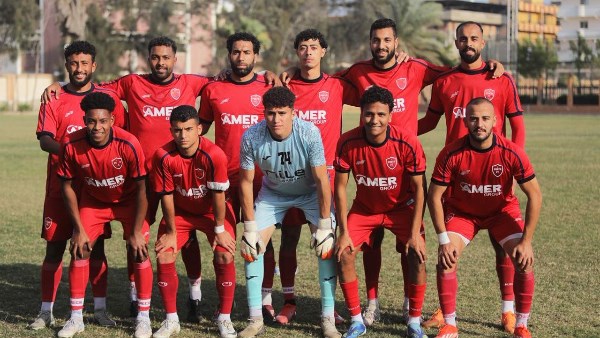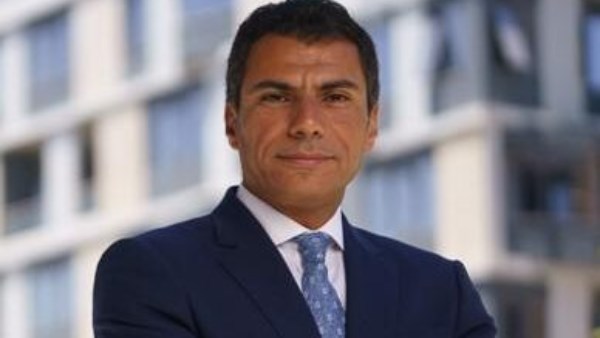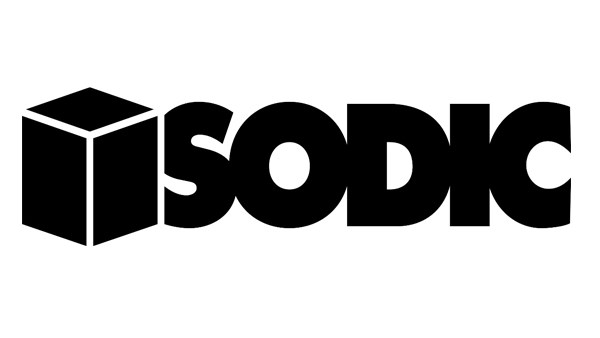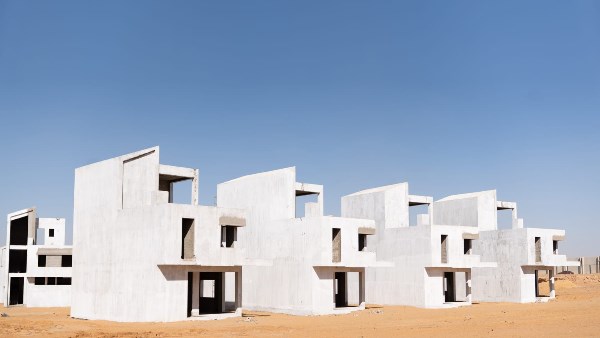
Iran's economy has deteriorated dramatically
Why Trump's nuclear talks with Iran could be far more successful than Biden's

Talks between U.S. President Donald Trump's administration and Iran's government on a potential renewed nuclear agreement began on a positive note over the weekend, representatives of both countries said, despite enduring sticking points and a lack of clarity on the specific conditions held by each side.
Notably, there was more optimism toward a deal and overall communication between the longtime adversaries. Delegates from the U.S. and Iran agreed to hold more talks next week in Rome, while Iran's Foreign Affairs Ministry described the negotiations of Saturday as having taken place in a "constructive atmosphere and based on mutual respect."
This highlights the gaping difference between the Biden administration's attempts to revive the 2015 nuclear deal and the position that the Trump administration finds itself in today: one with dramatically changed advantages for Washington and a much weaker and more vulnerable Iran.
"The Iranians are, I think, a little bit more desperate than they were in 2022, and they are faced with a very weak economy," Gregory Brew, senior analyst on Iran and energy at political risk consultancy Eurasia Group, told CNBC.
Internal position
"Iran's regional position has been significantly weakened. They're concerned about how much more stress that they can handle — their internal position, the situation of internal discontent is likely only to get worse. So they do have an interest in obtaining a deal sooner rather than later, and Trump is giving them — or potentially giving them — an opportunity to obtain such a deal."
Biden was also constrained by public opinion, Brew noted, risking criticism of appearing "soft" on Iran. Trump doesn't face those same limitations, he said — the president is already seen as an Iran hawk and re-implemented "maximum pressure" sanctions on the country soon after entering office.
Iran's economy has deteriorated dramatically in the years since Trump in 2018 withdrew the U.S. from the multicountry deal, formally titled the Joint Comprehensive Plan of Action, or the JCPOA. The agreement was brokered in 2015 along with Russia, China, the EU and U.K. under the Obama administration to curb and stringently monitor Iran's nuclear activity in exchange for sanctions relief.
Already facing several years of protests, significantly weakened currency, and a cost-of-living crisis for Iranians, the Islamic Republic was hit with the hammer blow of losing its main ally in the Middle East last year, when the Assad regime collapsed in Syria. Tehran's arch-enemy Israel meanwhile killed most of the senior leadership of Hezbollah, Iran's proxy in Lebanon.
Iranian supreme leader Ayatollah Ali Khamenei was formerly staunchly opposed to negotiations with the U.S., but senior Iranian government officials reportedly launched a coordinated effort to change his mind, framing the decision as critical to the regime's survival.





-1120252475029447.jpg)















